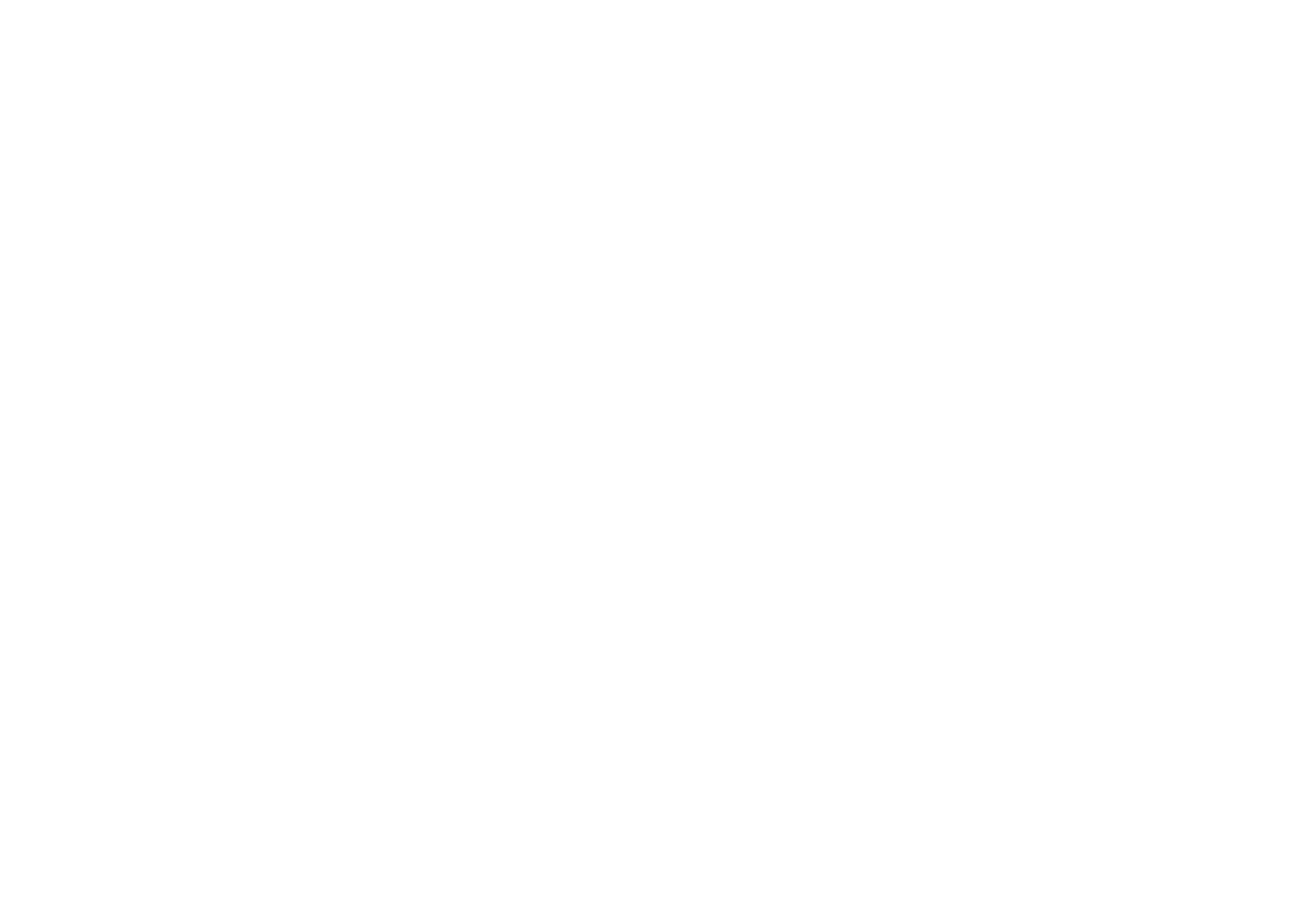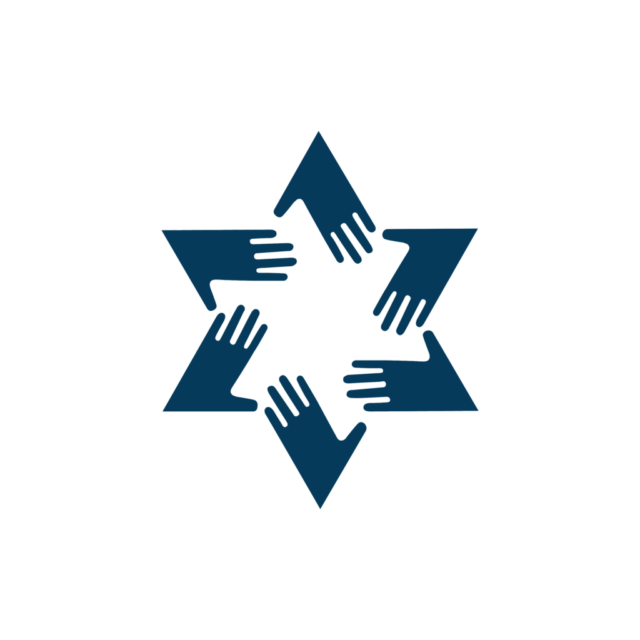Walking Together: Parashat Lech Lecha
Sermon by Rabbi Sarah Reines
October 15, 2021/10 Cheshvan 5782
Rabbi Hayim of Tzanz used to tell this parable: A person found herself lost in the forest for several days. She was despairing, feeling completely alone, feeling like she had no way out, no way to move forward. Finally, that person caught a glimpse of another wanderer, and called out: “My friend, show me the way out of this forest.” The other replied: “Friend, I too am lost. I can only tell you this: the ways I have tried lead nowhere; they have only led me astray. Take my hand, and let us search for the way out together.”
After telling this story, Rabbi Hayim would add, “So it is with us. When we go our separate ways, we wander aimlessly. Let us join hands and find our way out, together.”
This tale has particular resonance this week, when we read Parashat Lech Lecha, and when we celebrate National Coming Out Day. Our ancient narrative, and this contemporary day of recognition, both underscore a significant truth: in making difficult journeys, our greatest strength in moving forward is each other.
Lech Lecha begins with God calling to Abraham, “Lech Lecha, mei-artzecha, mi-mold’tcha, u’mi beit avicha el ha-aretz asher arecha. Go forth from your native land, from your birthplace, and from your father’s house to the land that I will show you.” (Genesis 12:1) Other than reassurance that this journey will yield reward and blessing, that’s all the information God provides. Basically, God is saying, “Abe, get up and go. I’ll let you know more later, but it’s gonna be great!”
Abraham is a very trusting, low maintenance traveler! Think about all the information we like to have before going away just for the weekend, much less leaving behind everything we know for a new reality. We like to know what to pack, to look up the weather forecast, to give thought to what’s the best route. We research and ask questions. Do we need insurance? Will there be stops along the way for food, or should we bring snacks? Abraham doesn’t press God for any such details. He’s got what he needs. As the text continues, “Abram took his wife Sarai and his brother’s son Lot, and all the wealth that they had amassed, and the persons that became part of their household in Haran; and they set out for the land of Canaan” (Gen. 12:5).
Most important to Abraham was knowing he had the necessary resources to survive on this epic, life changing pilgrimage. In addition to his cash reserves, his essentials were those people journeying with him. And really, more than a good map or GPS, proper toiletries, or sturdy luggage, when we think about taking trips, isn’t that what is most important to us all? When gathering the courage or strength to step into the unknown, having people we trust by our side matters most.
Monday was National Coming Out day, a day that celebrates people taking the risky and courageous step towards embracing their true identity. It honors freeing ourselves from the tangle of shame and confusion into the clear path of self recognition and living one’s truth. The point of National Coming Out Day isn’t necessarily for people to literally come out during those 24 hours, though it may provide some with the initiative to finally take that step towards liberation. Whether or not people do come out on this day, having this courageous journey be publicly recognized and celebrated is deeply significant. It provides those of us who are hiding parts of ourselves with the same resource that was essential to Abraham. It reminds those of us who feel like we are wandering lost in the forest, that we are not alone. Others have made and are making this pilgrimage, too.
Coming out means being honest with ourselves, and with others, about who we are. In many ways, this is the quintessential “Lech Lecha” pilgrimage. Lech lecha doesn’t simply mean “Go forth,” as it is often translated. The literal and deeper translation is “Go to yourself.” In other words, no matter how frightening or difficult, take the necessary steps to be the truest form of who you are, of who God created you to be.
As far as we have come regarding LGBTQIA rights and realities, many of us know for ourselves, from those we love, from people of renown who have made this journey, it’s often not an easy one. That’s also what makes this day important.
During pride month this year, Olympic Canadian ice dancer, Kaitlin Weaver, came out as queer after years of denying herself. As she describes, “This is something I’ve known for a long time but was not ready to face. For years I really hated a big part of myself, and that took a huge toll on my mental health — especially when the pandemic hit, and the world stopped, and the only thing I could do was look in the mirror. There’s nothing worse than hitting rock bottom and not wanting to climb out.”1
Kaitlin lives in an athletic landscape that elevates heteronormativity: Romantic love and chemistry between a man and a woman. That construct made her feel like she, herself was wrong.
Other people became a major source of strength for her. She looked to those who had already tread a path through this wilderness. Speaking of two younger skaters who had come out before her, Caitlin said: “The next generation—Karina Manta and Amber Glenn—their visibility was so inspiring to me. I’m also genuinely inspired by Gen Z; they seem so unafraid to be themselves.”2
It’s amazing how a difficult journey can appear easy, after we have made it. And how powerful it is to realize that in facing our own fears, we can be beacons for others who are struggling to face theirs.
Kaitlin looked to others in order to embrace her truth.Then she then looked to others in order to step forward and outwardly proclaim and embody her truth. One of the people she was most nervous to share herself with was her skating partner, Andrew Poje. He was an enormous part of her life, and she was concerned about how this news might impact their relationship, not just personally, but professionally. But in revealing herself to him, Kaitlin found that Andrew was just as supportive and trustworthy off the ice as he always had been for her on the ice. As she announced in her instagram post, “I’m so grateful to have Andrew’s support throughout it all – and it brings tears to my eyes to know that in him I’ve always got the best partner, and friend, for life.”
It’s clear from this portion, as it is from the texts of our own lives, that aside from the basics necessary for physical survival – food, shelter, clothing – what we need most in making our way through life is each other.
The spiritual teacher, Ram Dass, expresses in his own words this lesson of Lech Lecha – “Go to yourself.” He explains that healing is not about curing an ailment, but becoming more whole. He teaches that the way to get there is by allowing “what is” – meaning whatever about us that cannot be changed, or whatever about us is not meant to be changed – to take us closer to God. He echoes the story told by Rabbi Chaim of Tzanz, reminding us, “We are all just walking one another home.”3
Whatever difficult journeys we are facing, however alone we may feel, let’s concentrate on hearing God calling out to each one of us and all of us – Lech Lecha! Others have walked and are now trekking similar journeys. In the same way you have supported others, people are close by, ready to take your hand, and walk with you.
1 https://www.advocate.com/sports/2021/6/11/olympic-ice-dancer-kaitlyn-weaver-comes-out-heartfelt-post
2 https://www.them.us/story/kaitlyn-weaver-is-ready-to-come-out
3 Walking Each Other Home, Ram Dass and Mirabai Bush

